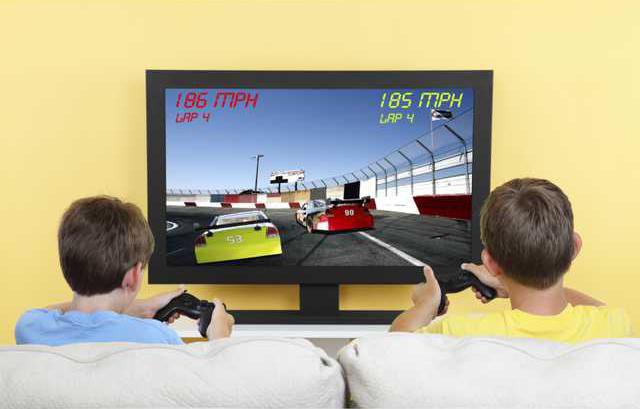The Department of Education hosted a Games for Learning Summit in New York City this month, reports Tech Times, bringing together educators, student and parents as well as video game producers and publishers in an effort to find the best way of harnessing technology for education.
"I think the education community is ready to really use technology in innovative ways," said Richard Culatta, director of educational technology at the U.S. Department of Education.
The Department of Education organized the event as part of President Obamas ConnectEd program, which focuses on bringing technology to K-12 classrooms across the country, according to Tech Times.
The interactive nature of video games makes them a useful educational resource.
"Video games can really provide formative, quality assessment about how a kid tackles a problem and how they fail and overcome the challenges around a certain context a game provides them, said Erik Martin, the lead for Games for Learning at the Department of Education.
The idea of using video games to enhance learning has been implemented before.
Douglas Kiang, a teacher at Punahou School, personalizes lessons based on the video games his students play. Kiang uses Bartle Test of Gamer Psychology to determine students strengths, reports Education News.
If you look at the life of a student a lot of students play on average about 10,000 hours of video games by the time they are graduating high school. That is almost the same amount they are spending in schools, said Martin.
This summit follows the success of last year's White House Game Jam, hosted by the Department of Education. This event brought in developers to create video games tailored to educational needs, reported Tech Times.
"I think the education community is ready to really use technology in innovative ways," said Richard Culatta, director of educational technology at the U.S. Department of Education.
The Department of Education organized the event as part of President Obamas ConnectEd program, which focuses on bringing technology to K-12 classrooms across the country, according to Tech Times.
The interactive nature of video games makes them a useful educational resource.
"Video games can really provide formative, quality assessment about how a kid tackles a problem and how they fail and overcome the challenges around a certain context a game provides them, said Erik Martin, the lead for Games for Learning at the Department of Education.
The idea of using video games to enhance learning has been implemented before.
Douglas Kiang, a teacher at Punahou School, personalizes lessons based on the video games his students play. Kiang uses Bartle Test of Gamer Psychology to determine students strengths, reports Education News.
If you look at the life of a student a lot of students play on average about 10,000 hours of video games by the time they are graduating high school. That is almost the same amount they are spending in schools, said Martin.
This summit follows the success of last year's White House Game Jam, hosted by the Department of Education. This event brought in developers to create video games tailored to educational needs, reported Tech Times.





